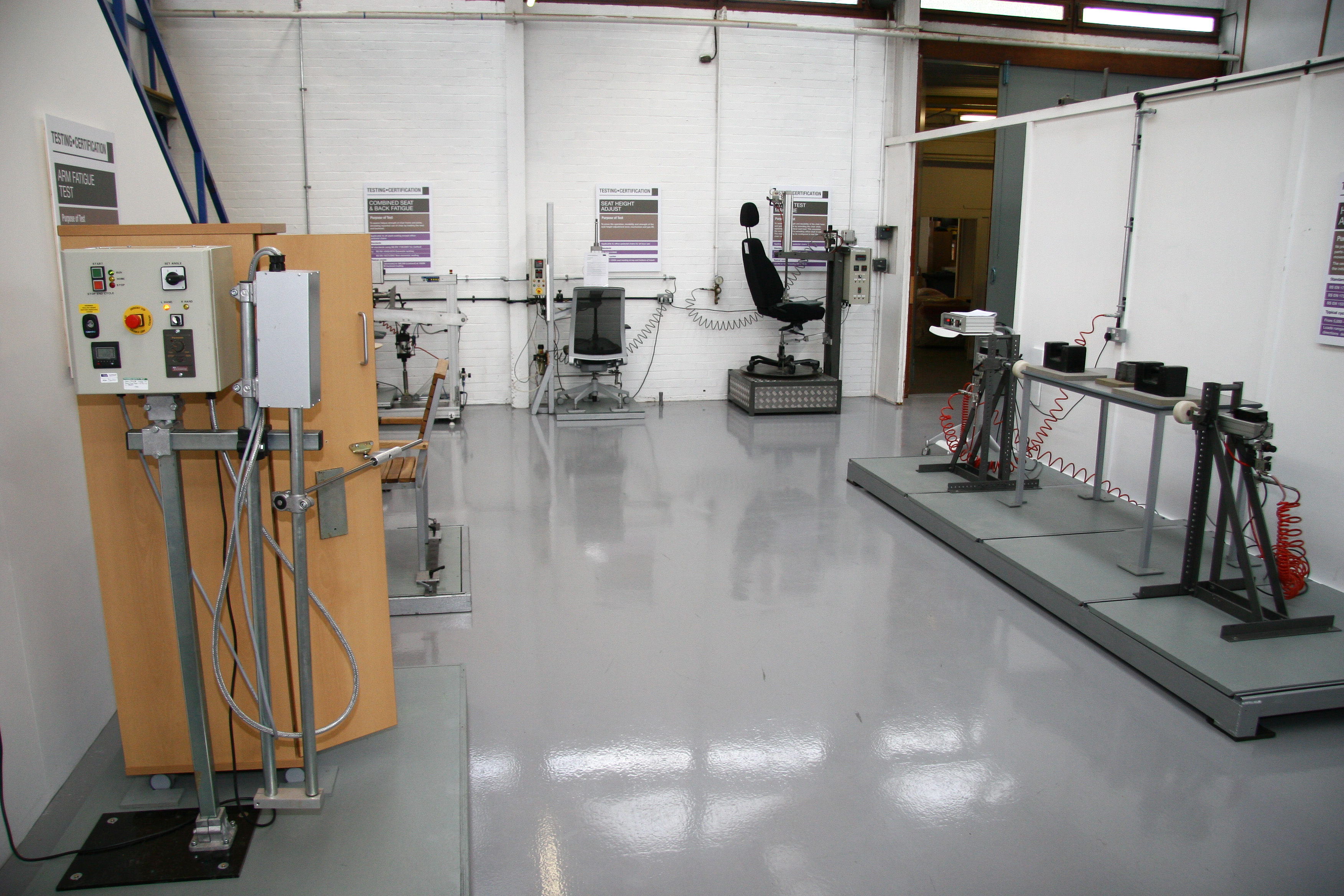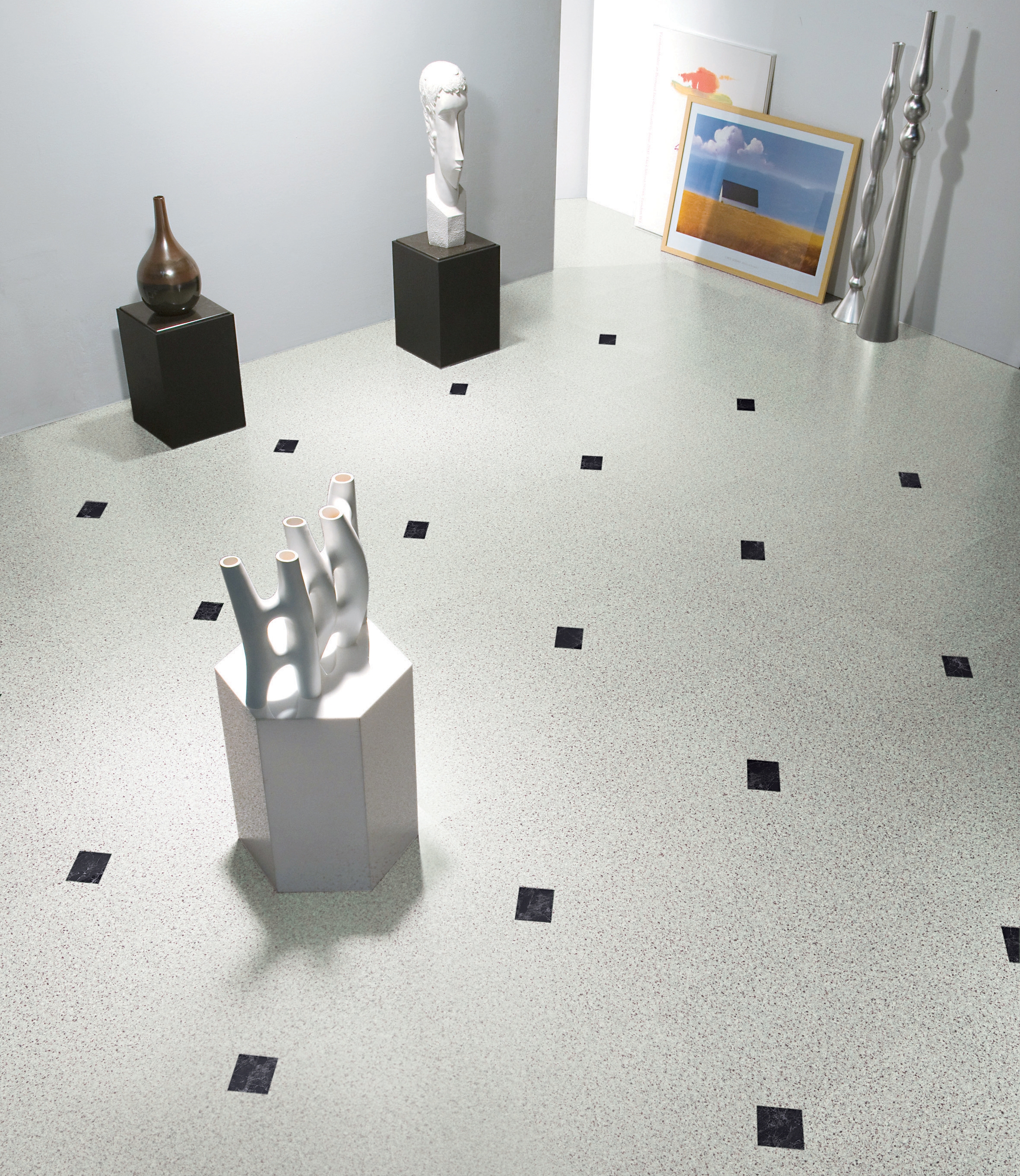For manufacturers of consumer products, such as furniture, testing can often be seen as an inconvenient expense and a delay in getting products to market. A FIRA testing expert reveals the potential cost of not testing.
Sue Mann, FIRA’s Business Development Manager, who has worked in the testing facility for nearly 10 years, said: “The cost of testing a product could be seen as an additional expense rather than an essential one, but often the actual price of not testing a product can be far outweighed by the cost of failures in the field.”
“In the UK and Europe all consumer products have to meet the General Product Safety Directive (GPSD), with the exception of upholstery for domestic use, which must pass the Furniture and Furnishings (Fire) (Safety) Regulations. This means that a product needs to be safe, and unlikely to cause injury to the user. If a product is found to cause injury, or pose a threat of injury, to consumers then it is possible that enforcement bodies such as Trading Standards may investigate which could result in a product being taken off the market or even recalled. This cost would have to be borne by the manufacturer or importer, who would also face possible fines or even jail.
“The simplest way for a manufacturer to feel confident that a product is safe is to have his product tested to the latest British or European Standards by a recognised test house. The GPSD recognises this as an example of ‘due diligence’, where the manufacturer has tried to ensure the product is safe by verifying it meets safety Standards.”
“As a minimum FIRA recommends that a product is retested every three years and between six and twelve months in respect of the flammability performance of upholstery. Mattresses must be retested in accordance with the Standard (BS7177) which varies according to the quantity produced. The European and British Standards that are set for testing are there for a reason, to ensure that a product is safe and fit for purpose. If a product does fail during testing, our experts work with companies to help them understand why and what adjustments to try before a retest.” Sue added.
The UK’s flammability requirements are in place to save lives and so compliance is taken very seriously. A problem occurred when FIRA experts were testing the fire resistance of an office chair as part of a large order from abroad. The foam and upholstery used in the chair was supplied separately for testing prior to the delivery of the order and passed the Standard for Medium Hazard as required in the specification. When the order arrived the company receiving the goods became suspicious as the upholstery looked different to the original. The entire product was sent back to FIRA for testing and failed quite dramatically. It transpired that the upholstery sent for testing initially was different to the material used in the final batch of products, they were sent back to the manufacturer and the company involved had a lucky escape.
She continued: “In the domestic market ‘due diligence’ is a legal requirement, so if a company supplying domestic furniture did not notice a problem at the point of delivery it could mean a costly product recall or a fine from Trading Standards. Although this is not the case for the contract market, suppliers sourcing a product to meet a specification which requires it to have a safety test certificate risk the final product being rejected if they cannot prove it is of suitable quality. Knowing where the product and its components are being produced and being able to trace the line of supply back is becoming ever more important. This example shows the varying legitimacy of materials available in the international marketplace and the potential cost implications that come with not being able to provide a product that passes the required Standards.”
It’s not just product destined for the European Market that needs testing. In one case a large order of shelving was shipped to Nigeria where, on arrival, they were not able to produce a test certificate. The order was prevented from entering the country and the supplier was charged ‘demurrage’, an additional cost relating to the length of the delay, until a test certificate could be produced. On this occasion FIRA’s free, online Export Hub (www.exportingfurniture.com) would have provided information about exporting products from the UK.
The FIRA Testing facility provides a service for all types of furniture and related products for the domestic and contract markets. This includes flammability and physical performance tests on fabrics, foams, mattresses and cushions, performance tests on adhesives and boards, and structural testing on finished products. Highly skilled technicians also develop bespoke testing equipment for use in the UK and other countries.
In addition to FIRA’s UK-based centre of excellence, it has test facilities and accredited testing partners throughout the world, including FIRA-CMA in Hong Kong.
For more information about FIRA Testing services in the UK and abroad, please call +44 (0) 1438 777 700, email info@fira.co.uk, or visit www.fira.co.uk.






